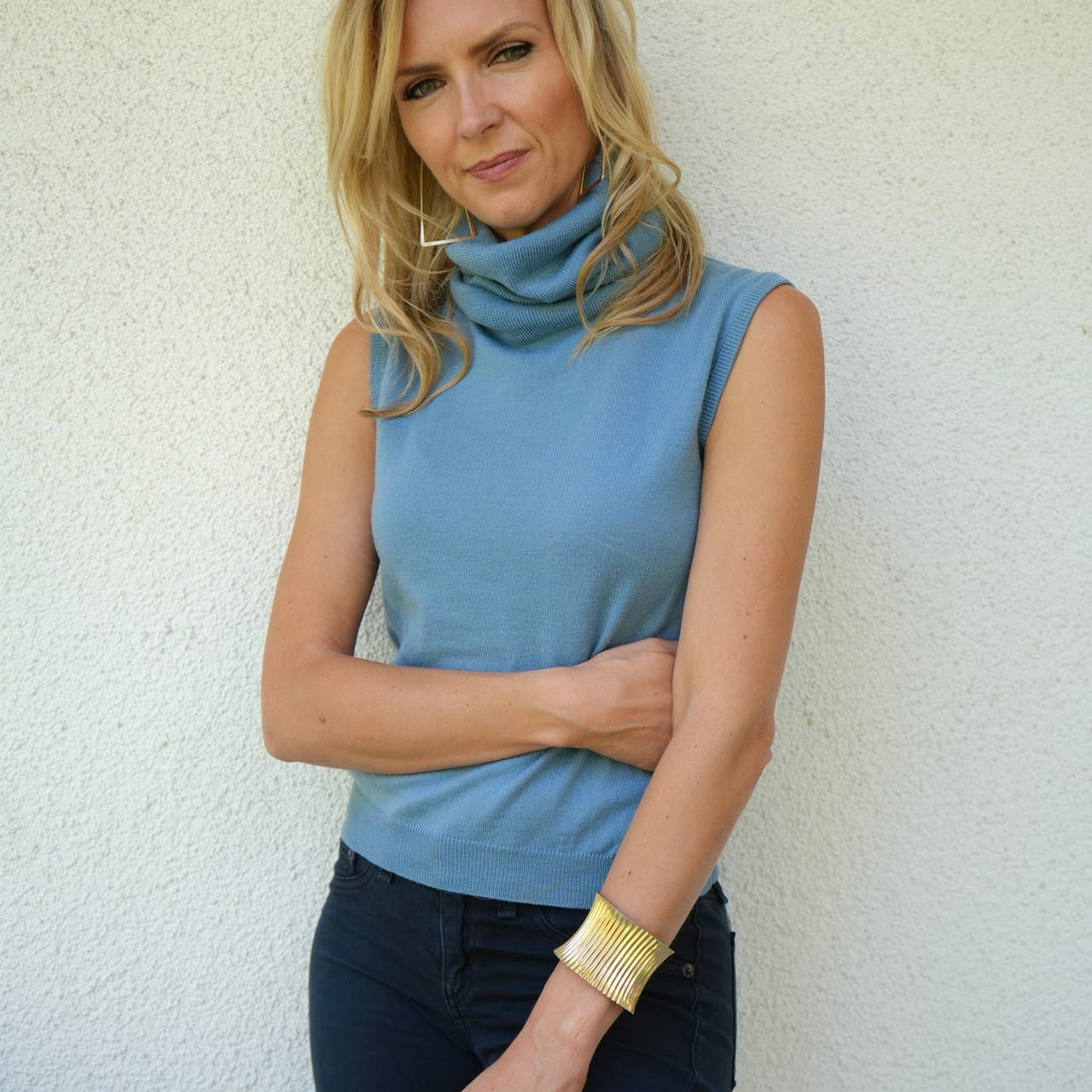America needs an off ramp.
We are speeding toward something dark and right now no one is slowing down.
That was one takeaway I had after talking with Iowa journalist Robert Leonard last Thursday about Charlie Kirk's assassination. What I found troubling is that Iowa, a state I remember fondly for its scrutiny and political fairness, sounds more and more like a microcosm of America's broader struggles with partisanship and breakdown in civil conversation.
Kirk's murder is creating more tension. Leonard told me a MAGA site in Iowa had begun combing through teachers' social media posts, looking for insensitive comments about Kirk's death. They found some heinous examples. One particularly gruesome comment, from a high school art teacher in Oskaloosa read "1 Nazi down." The Oskaloosa school board has scheduled a hearing to consider firing him.
This can't be where we go from here if we want our democracy to thrive. One group celebrating a political murder. The other chasing down any signs of dissent.
A Cycle of "Cancellation"
This pattern is predictable and destructive. We fire people for what they say, they become more radicalized, and then the cycle continues.
It reminds me of a conversation I had with Matt Schlapp, Chairman of the American Conservative Union in 2020. When Democrats returned to power, he complained that even before, contracts were being canceled and his business was suffering from "cancel culture." The irony is stark: Many of the same voices that decried cancellation when it affected them are now driving crackdowns in Iowa and elsewhere.
Schlapp faced business consequences in 2020 when major clients including Abbott Labs, Verizon, and Comcast cut ties with his lobbying firm after he claimed Black Lives Matter was “hostile to families, capitalism, cops, unborn life and gender.” His firm lost roughly one-third of its lobbying clients.
The Real Cost of Silencing Dissent
Meanwhile, real issues in states like Iowa get lost in the midst of a culture war. Leonard painted a picture of neighbors who increasingly avoid political conversation altogether, not out of respect but out of fear. This self-silencing may feel safer, but it's exactly the opposite of what democracy requires.
I'd rather know where someone stands so I can try to change their mind and engage them. When we drive disagreement underground, we lose the possibility of persuasion. And we harden beliefs. We radicalize our society.
I struggle with the idea of any teacher who celebrates someone's death, even if only behind a keyboard. But what will happen to this teacher when he loses his job over something he posted, if that’s what happens? How will that break our cycle of radicalization?
I recently re-listened to Kirk on California Governor Gavin Newsom's podcast, where Kirk spoke about the youngest generation's sense of hopelessness — their fear that they might have it worse than their parents. Strip away any inflammatory rhetoric, and there's a legitimate concern about economic mobility that deserves serious engagement, not dismissal.
Iowa's Economic Reality Check
Leonard talked about how tariffs are affecting Iowa's economy. A local flower shop owner told him that 90% of her inventory now costs 50% more because it’s sourced overseas. The bouquet Leonard bought his wife for their anniversary was twice the price and half the size of last year's.
Governor Kim Reynolds just returned from a trade mission to India, trying to secure markets that tariffs have damaged. Iowa has been selling agricultural products to India since the 1960s, but now sales are struggling with the 50% tariff increase.
Meanwhile, Iowa's school voucher program is draining public funds to private institutions while teachers flee to Minnesota for better pay. Some estimates suggest a third of Iowa farmers won't make money this year. These are bread-and-butter issues that affect real families, but they get overshadowed by culture war battles.
There's probably broad agreement on many of these economic challenges. Both parties should want American manufacturing to return, export markets to expand, and public schools to succeed. But we can't have those conversations when we're busy trying to destroy each other's livelihoods over social media posts.
Finding an Off-Ramp
So, where's the off-ramp from this cycle of destruction?
The answer requires distinguishing between offensive speech and genuinely dangerous incitement. It requires finding the balance between holding people accountable and destroying people's lives. And it requires finding a way to protect vulnerable communities while preserving the possibility of redemption.
We also need standards that apply equally. When Schlapp lost business over his inflammatory comments, he called it cancel culture. When teachers face termination over theirs, his political allies celebrate. If we're going to police social media posts, where do we draw the line?
Most importantly, we need to remember that the goal of democracy isn't to eliminate disagreement but to channel it productively.
Iowa once understood this. Leonard described neighbors who know each other's politics but choose not to discuss them unless they're close friends who can argue without losing respect. That's not perfect — democracy benefits from robust debate — but it's better than the alternative we're racing towards, where political disagreement becomes grounds for personal destruction.
The stakes are too high and the problems too real for this level of dysfunction. We can do better, and Iowa's tradition of thoughtful political engagement suggests a path forward, if we're brave enough to take it.
One last note: Join me, Johanna Maska, this Thursday at 1:30 Pacific / 4:30 Eastern for a conversation with Evan Barker. Evan spent years raising money for Democrats and Democratic causes, but split from the party after becoming jaded with the party’s catering to money. We’ll talk about money in politics, party politics and America’s future.












